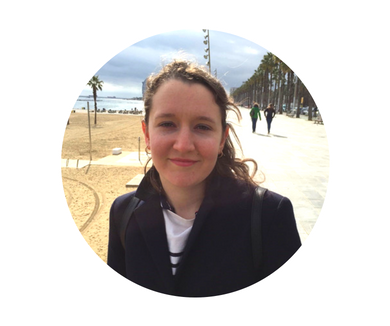
The great thing about doing a taught Masters is that along with studying the core module for your chosen programme, you can take a number of optional modules on subjects which interest you.
I’m on the Contemporary Literature, Culture, and Theory MA course, so the core module I took was Post 1945: Literature, Culture, Theory. This course gave me a really useful grounding in texts and theorists, some of which I had encountered before and others which I hadn’t. I enjoyed getting to grips with some challenging theorists like Jameson and Derrida, as well as studying Sarah Schulman’s Gentrification of the Mind, which emerged as a key text in my end-of-semester essay.
In terms of optional modules, I chose a variety of different topics which were all great in different ways. My favourite module was On Speed: The Acceleration of Culture since the 19th Century, which encouraged us to read texts and technologies dialectically across different time periods. We read a range of texts from Anthony Trollope and Elizabeth Gaskell, to J.G Ballard and Samuel Beckett, and looked at contemporary theories relating to technology and subjectivity. In particular, the module’s focus on the inter-period study of technological developments was crucial in helping me to develop my PhD project proposal.
In the second semester, I took a course on modernism and sound, which (although not contemporary literature) worked really well with my research interest in communication technologies. On this course, we studied works by a range of brilliant modernist women writers including Virginia Woolf, Hope Mirrlees, Jean Rhys, and Elizabeth Bowen. My final module was in modern feminist poetry from the 20th/21st century. I love reading poetry for pleasure so this module was a joy and introduced me to lots of poets I had never encountered before.
If you’re not sure how to choose your modules, I would recommend looking at the preliminary reading lists (available on the King’s website) and opting for ones that cover particular texts, writers or themes that you are interested in even if they aren’t all in the same specific time period. Don’t be afraid of choosing a range of different themes or subjects as you might find this helps you to narrow in on your research interests. You may discover, as I did, that when studying texts from different places or periods, similar themes keep popping up that interest you.
To get more of a flavour of a day in the life of an MA English student, click here!

Leave a Reply